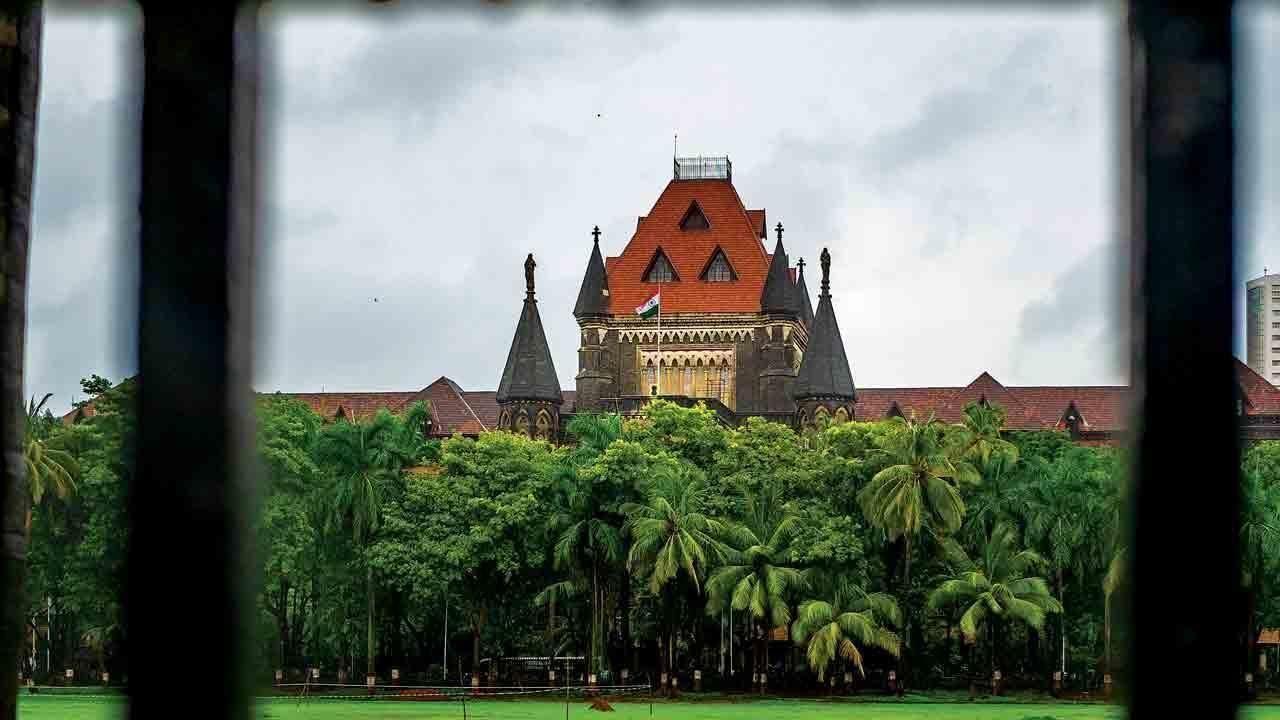The court also sought to know how many manual scavengers had died at work since 1993 and if the state government had awarded compensation to their family members

Bombay High Court. File Pic
The Bombay High Court has said the Maharashtra government has the responsibility and liability to ensure that the shameful practice of manual scavenging is not carried out anywhere in the state.
ADVERTISEMENT
A division bench of Justices Ujjal Bhuyan and Madhav Jamdar sought to know from the state government if it had carried out a survey identifying manual scavengers across the state after the enactment of the Prohibition of Employment as Manual Scavengers and their Rehabilitation Act in 2013 and what steps it had taken to rehabilitate them.
The court also sought to know how many manual scavengers had died at work since 1993 and if the state government had awarded compensation to their family members. The court was hearing a petition filed by three women, whose husbands were employed as manual scavengers and had died while cleaning a septic tank at a private society in suburban Govandi in December 2019.
The petitioners had sought compensation from the government as per provisions of the Act. The court directed the Mumbai suburban collector to pay each of the petitioners a sum of Rs 10 lakh by way of compensation. "The amount shall be recovered by the Collector from the person or entity responsible for the death of the petitioners' husbands. The amount has to be paid within a period of four weeks," the court said.
Government pleader Purnima Kantharia told the court that the company, which had hired the victims, had deposited three cheques of Rs 1.25 lakh for each of the petitioners after the incident. The court directed for the cheques to be handed over to the petitioners and said the remaining amount should be handed over to them by the collector.
The court noted that considering the importance of the issue it was of the view that it should monitor the same to ensure that justice is dispensed. "The Act of 2013 has clearly stated that all state governments have to ensure that manual scavenging is completely eradicated from the society. However, despite such strict legislative intent, this shameful practice continues and this should shock the collective conscience of the society," the court said.
"The state government is liable and responsible to ensure that an end is put to this practice. Several courts including the Supreme Court have held from time to time that manual scavenging is a humiliating and shameful method of employing people from the lower strata of the society to carry out the hazardous job of cleaning septic tanks," the court said.
Also Read: HC asks Narayan Rane to file separate pleas for six FIRs against him over his 'slap CM' remarks
The court directed the state government to submit all the information it has sought on October 18, when it would hear the plea next. The bench also sought to know the status of the FIR lodged by the Govandi police station in the case of the deaths of the petitioners' husbands.
This story has been sourced from a third party syndicated feed, agencies. Mid-day accepts no responsibility or liability for its dependability, trustworthiness, reliability and data of the text. Mid-day management/mid-day.com reserves the sole right to alter, delete or remove (without notice) the content in its absolute discretion for any reason whatsoever.
 Subscribe today by clicking the link and stay updated with the latest news!" Click here!
Subscribe today by clicking the link and stay updated with the latest news!" Click here!






